Fleet and business company car registrations were down by 17.6% in July, when compared to the same month last year, while private sales were unchanged year-on-year.
The figures, from the Society of Motor Manufacturers and Traders (SMMT), also show that the 52,315 cars registered to fleet and business – 11,000 fewer units than July 2021 – equated to 46.6% market share a five-percentage point decline on the 51.5% share held in the same month last year.
Year-to-date, the decline in market share for fleet and business new car registrations is even greater, with 426,327 units registered so far this year – 46.6% of the market – compared to 562,729 cars last year – a 54.5% market share.
Year-to-date private registrations were up by 3.7%.
It again illustrates how fleet and business is being overlooked in favour of private registrations after analysis by Fleet News showed manufacturers are prioritising private consumers over fleet customers as they struggle to fulfil orders for new cars due to ongoing shortages of essential components.
Mike Hawes, chief executive of the SMMT, said, “The automotive sector has had another tough month and is drawing on its fundamental resilience during a third consecutive challenging year as the squeeze on supply bedevils deliveries.”
Overall, new car registrations fell by 9% to reach 112,162 units in July.
Ongoing global supply chain issues, predominantly the lack of semiconductors, continued to frustrate order fulfilment, exacerbated by Covid lockdowns in key manufacturing and logistics centres in China, plus disruption from the war in Ukraine, all of which restricted production output and thus supply into the UK new car market.
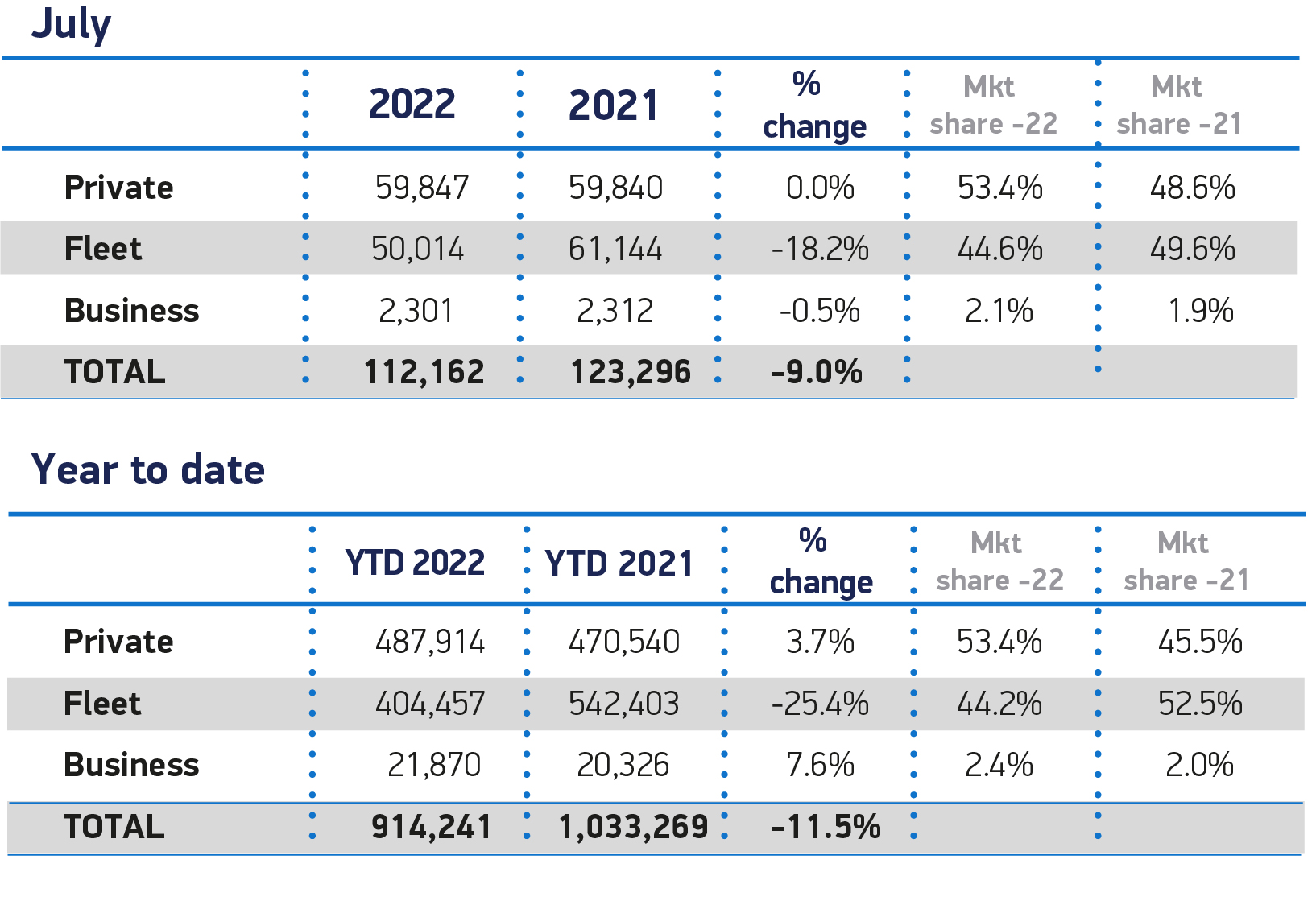
Fully electric vehicle uptake grows
Battery electric vehicle (BEV) uptake grew 9.9% to 12,243 units to achieve a 10.9% market share for the month.
Although this is the weakest monthly uplift recorded by BEVs since the pandemic, overall growth in the year has reached 49.9% to deliver a 13.9% market share, illustrating the volatility in the supply chain.
July was a weaker month for hybrid electric vehicle (HEV) uptake, with registrations falling 6.7% to take 12.2% of the market. Plug-in hybrids (PHEVs) fell 34% which cut their market share to 5.8%.
Meryem Brassington, electrification propositions lead at Lex Autolease, said: “Demand for electric vehicles continues to paint an encouraging picture for the UK’s electrification journey, with the 12,243 EVs registered in July representing a 10.9% share of the new car market.
“While this growth is welcome, ongoing material shortages and vehicle supply issues continue to affect the EV market and could put the brakes on the good progress already made, leading to significant implications for fleet renewal.
“Policymakers have played an important role in helping to drive the uptake of electric vehicles this year and all eyes will be on the government in the autumn for clarity on company car tax rates beyond 2025 – with the hope that any changes remain gradual and proportional.”
The SMMT says that the first half of the year has proved more challenging than anticipated, due to the enduring severity and impact of the semiconductor shortage and global conflict.
While the sector expects the second half to improve as supply issues start to recede, it is unlikely that the market will be able to recover the significant losses sustained so far.
The outlook for the full year has therefore been revised downwards to 1.6 million new car registrations – a 2.8% fall on 2021, with the industry facing its most challenging year for three decades.
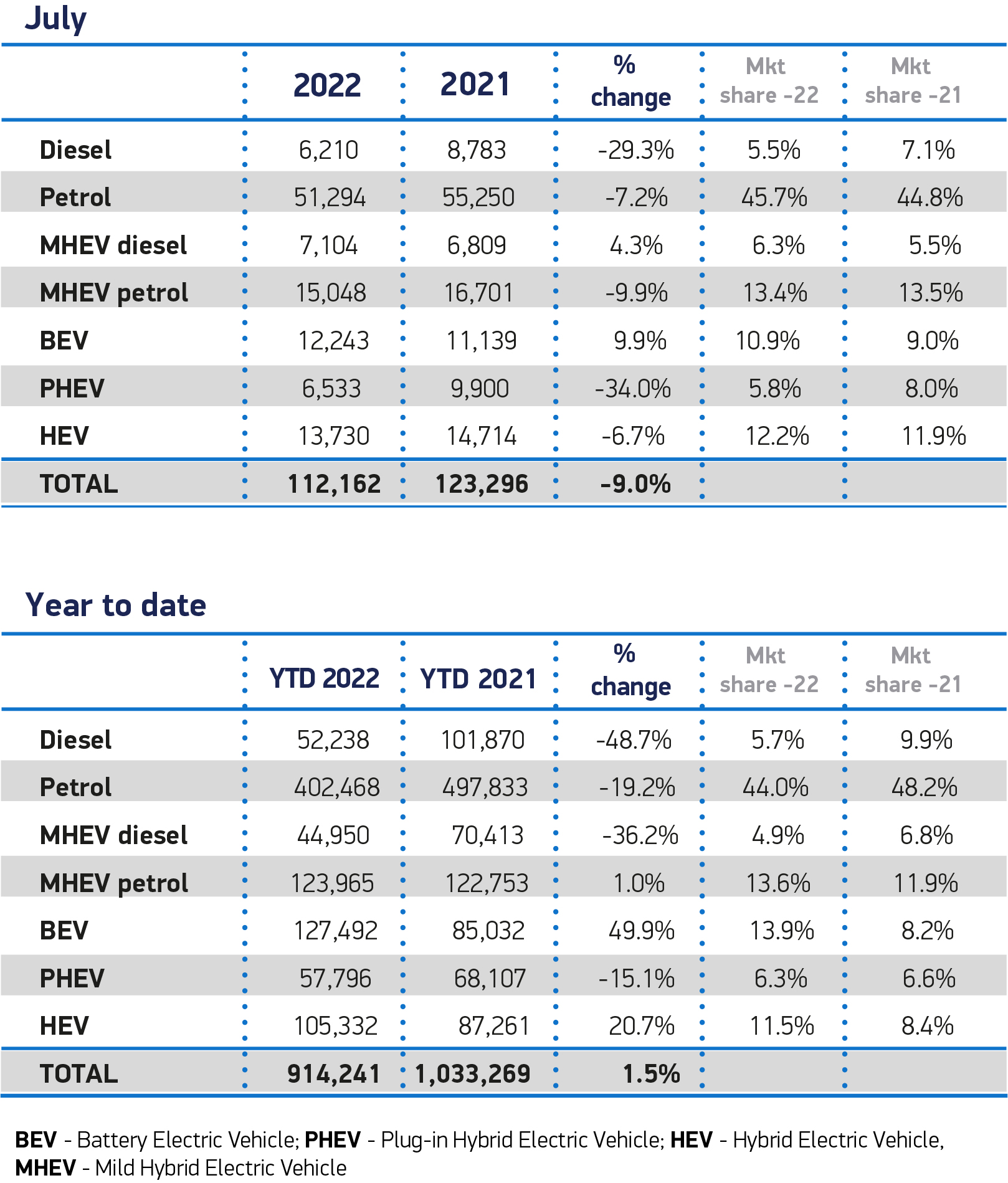
Two million registrations 'lost'
Around two million registrations have been lost since Covid, effectively representing a loss of a year’s registrations.
Plug-in market share will continue to grow, however, to reach 22.6% as manufacturers prioritise investment in zero emission vehicle production.
Likewise, although the 2023 outlook has also been revised downwards since the April estimate, it is likely to be an improvement on 2022, with overall registrations anticipated to reach to 1.89 million (rather than 2.02m), with plug-ins comprising 27.8% of the market.
Jon Lawes, managing director of Novuna Vehicle Solutions, said: “Despite the automotive industry continuing to be stifled by supply shortages, today’s figures illustrate that demand for electric vehicles remains strong, with EVs making up approximately one third of all vehicle registrations in July.
“What we need now is to see this demand matched by a more efficient use of existing public funds to deliver the EV charging infrastructure that motorists need.
“Our research showed the stark contrast between the level of public spending that the UK’s nine Metro Mayors have invested in this area, installing just 42 public EV charging points last year.
“This is despite having access to a £250m annual budget and being responsible for some of the UK’s biggest city regions.”
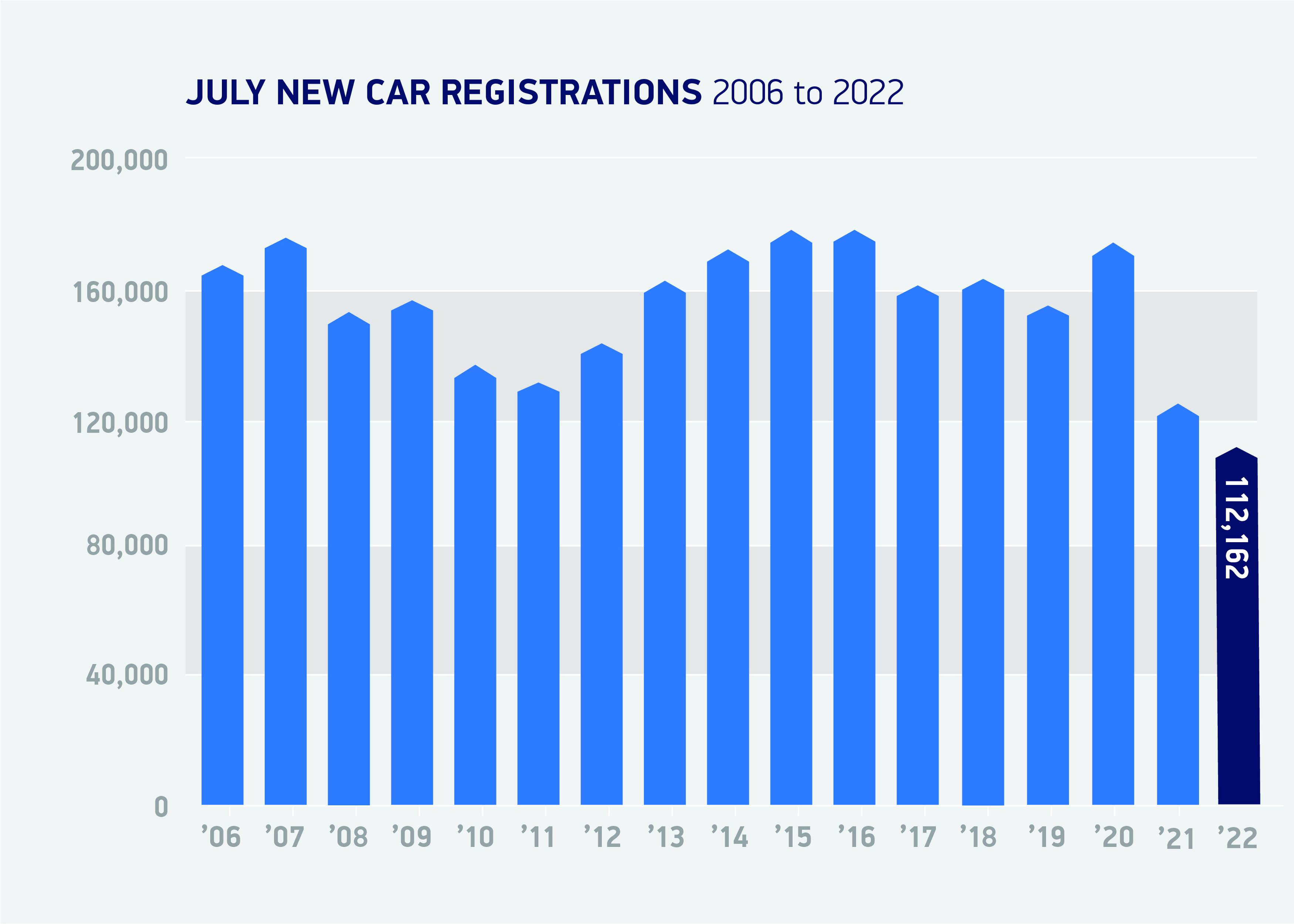
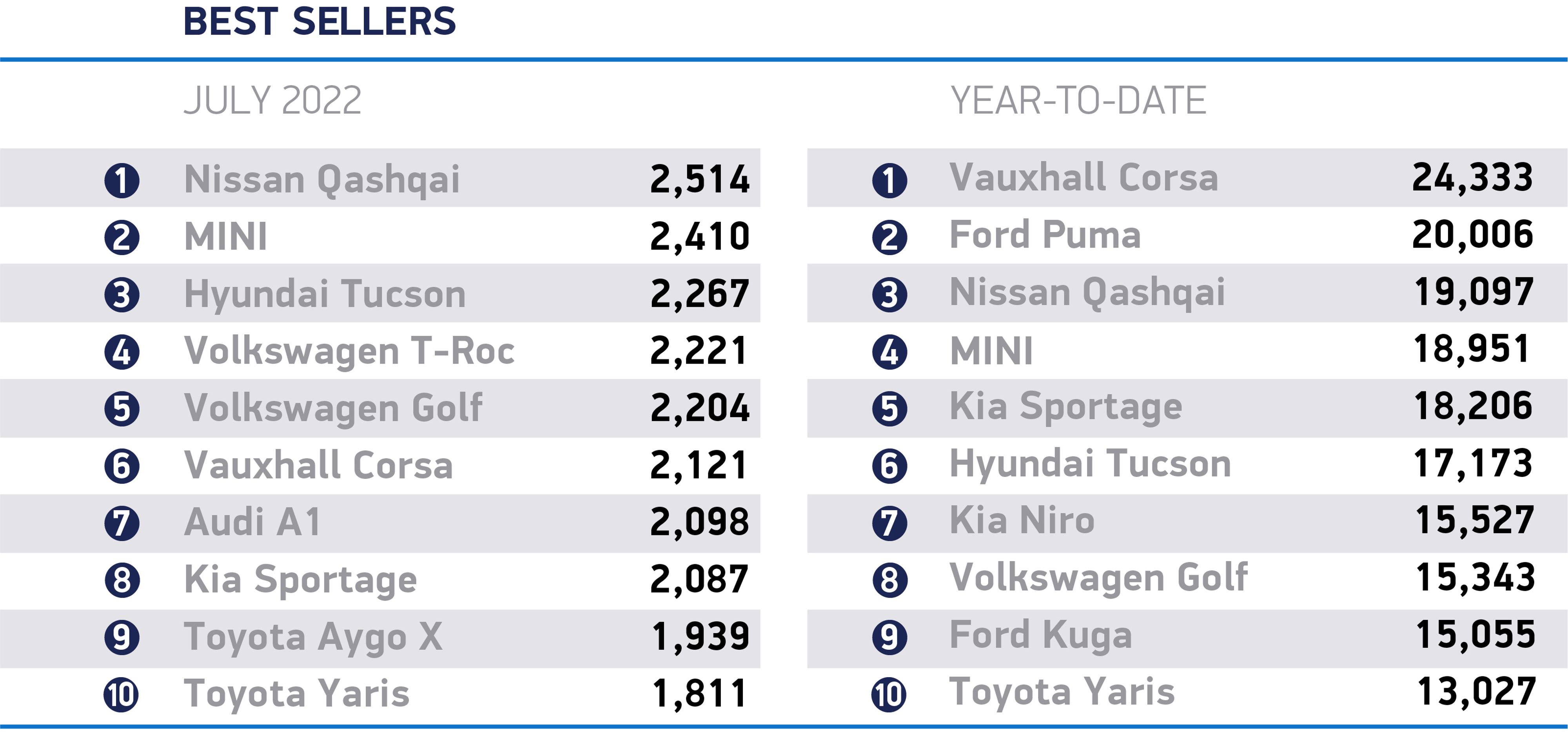

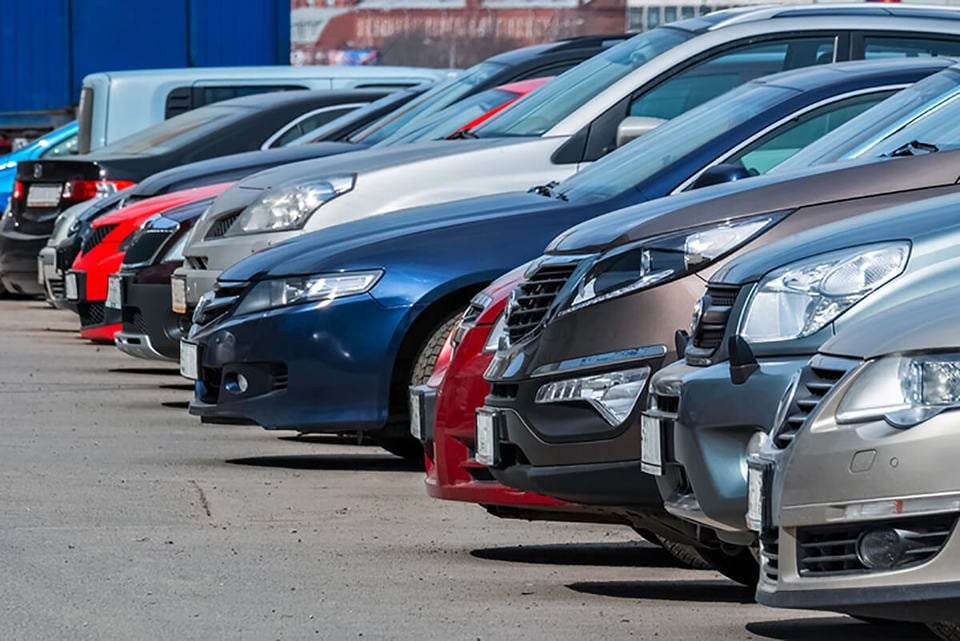





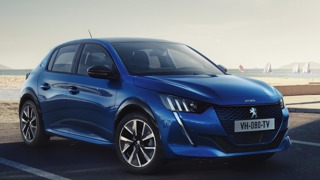

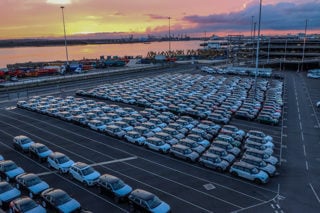
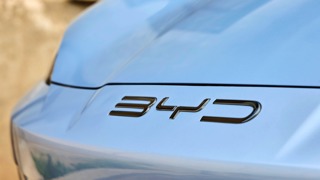











Login to comment
Comments
No comments have been made yet.